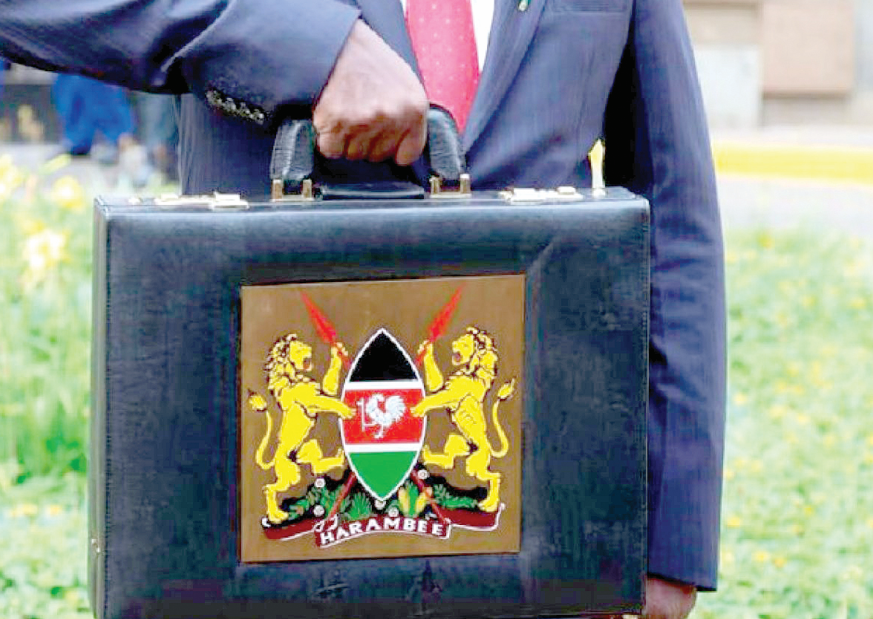Proposed Bill to allow State snoop on online sites you visit

A proposed amendment could give the government unprecedented access to people’s browsing history by allowing Internet Service Providers (ISPs) to monitor customer usage and convert the usage into readable details.
Kenya Information and Communications Amendment Bill 2025, sponsored by Aldai MP Marianne Kitany, seeks to have all ISPs assign tracking numbers to customers and submit annual reports of their online activities to the Communications Authority of Kenya (CA).
Under the proposed amendments, ISPs would be mandated to monitor and record which websites their customers visited, a move that would create a government database of Kenya’s digital lives.
“The bill seeks to require ISPs to develop and deploy quality metered billing system capable of monitoring customer usage, convert to readable details and create invoices based on consumption and align their metrics with the value the customers get from various internet services,” reads part of the bill.
If passed as is, ISPs would face significant new compliance costs, as companies would have to invest in tracking infrastructure, data storage systems, and reporting mechanisms to comply with the law.
The costs could potentially be passed on to consumers through higher internet prices, which could limit digital access, especially for low-income Kenyans.
Technology experts and other stakeholders are now questioning the technical feasibility of comprehensive internet monitoring, with the increasing use of encrypted connections and virtual private networks that can mask user activity.
Fundamental freedoms
Former Public Service Cabinet Secretary Justin Muturi said President William Ruto’s administration is hell-bent on clawing back some fundamental freedoms.
“This is the clearest evidence that President Ruto is hell bent on clawing back at the freedoms that Kenyans fought so hard for. He wants to take the country back to the dark days. He is nostalgic about the trappings of a dictator and the imperial presidency of yesteryears,” said Muturi.
New and existing users will be required to verify their ages using their national Identification Cards before accessing social media such as WhatsApp, Facebook, Instagram and LinkedIn.
The bill currently before the National Assembly if approved, will ensure that Application Service Providers (ASPs) and the Content Service Providers (CSPs) will implement age verification measures on all users.
In addition, mobile service providers will be required to take specific steps to ensure that users of SIM cards are fully registered.
Kitany argues that the measures put in place by some social media platforms requiring users to input their age are often bypassed by keying in false dates and pseudonyms.
Kitany’s proposed law also seeks to provide for internet billing by internet service providers for metered billing of internet use, based on consumption, to mitigate exploitation and to secure the economic interests of internet users in line with Article 46 of the constitution.
Article 46 of the Constitution states that consumers have the right to goods and services of reasonable quality; to the information necessary for them to gain full benefit from goods and services, to the protection of their health, safety, and economic interests; and to compensation for loss or injury arising from defects in goods or services.
The proposed law states that before a telecommunication operator sells a SIM card or otherwise provides telecommunication services to a person, it shall obtain from natural persons the person’s full name, identity card number, date of birth, gender, physical and postal address.
Subscribers register
“A telecommunication operator shall ensure that existing subscribers register their SIM-cards within such time as may be prescribed and proper physical or electronic records are kept of the information and any change in such information,” the bill reads in part.
Kitany in her proposed law states that a telecommunication operator shall, before levying or allowing to be levied any specific charge relating to a premium rate service provided to a subscriber, disclose the fact, amount and frequency of the charge to the subscriber.
“Any telecommunication operator who contravenes this section commits an offence and shall be liable on conviction to a fine not exceeding Sh5 million,” reads part of the Bill.













